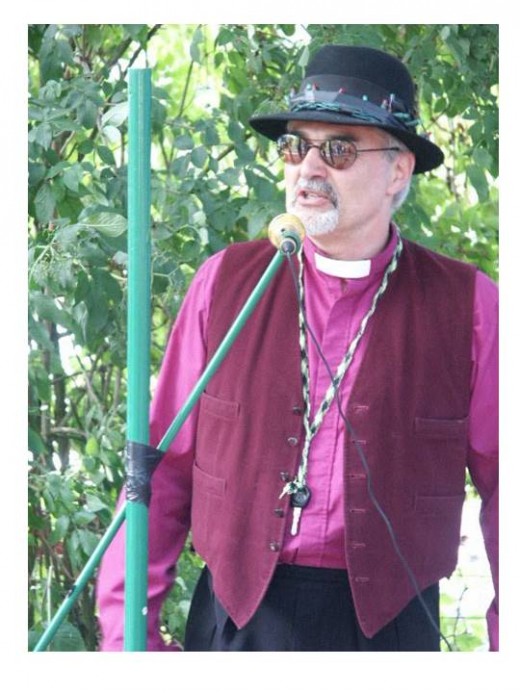Guidance for Government - Health

Part 3 of 4 - Health
"barefoot doctors"
In the early days of bright rational thinking in the new nation state of Tanzania, some of the strategists noticed that their programmes for improving the peoples’ health were flawed. They were paying good money to subsidise some of their more hopeful students of medicine to go abroad and study at some of the best medical schools in the world. The students duly went and duly became enormously qualified because they were, indeed, good students.
However, two problems emerged. The first was that these students became aware that their hard earned skills could earn them much more money and a better standard of living just about anywhere else but Tanzania. So many of them decided to work in rich first world countries, abandoning the people they were funded to serve.
The second was that, among the ones who did come back, there was soon a clamouring for up to date/state of the art equipment to be placed in large expensive central hospitals. These highly educated students now wanted to practice the arts they had spent so much time and trouble learning. They wanted to do lung transplants and open heart operations. They wanted to do brain scans and re-constructive surgery. In short, they wanted to deal with all the sexy, frontline problems being encountered in the sexy, prosperous, fast living first world in which they had studied. They didn’t want to deal with ingrown toenails and sleeping sickness or advise on nutrition and basic hygiene which was what the bulk of the population needed. That was beneath them and they wouldn’t get the international reputations they deserved if they stuck with that kind of work.
So, the Tanzanian strategists responded by cutting subsidies to first world medical schools. Instead, having noted that the bulk of the population suffered from variations of three basic diseases, they reasoned that a network of very basic community clinics staffed with people versed in the diagnosis and treatment of these three main diseases would be a better service to the people than a glitzy hospital in downtown Dar Es Salam geared up for the latest techniques in heart surgery. Anything that couldn't be diagnosed by these people would be sent "upline" to regional or national clinics where more diversified skills were retained. The number of fully qualified first world doctors declined dramatically. The number of "barefoot doctors" serving the outlying communities through basic, no frills community clinics increased dramatically. And as they increased, so did the overall health of the nation improve.
So, here in the UK, just about everybody suffers from colds and flu every year. They have to go down to see their highly trained GP – a person who can diagnose perhaps a thousand different types of ailment – to get him or her to confirm what everybody already knows and prescribe a cure that a good nurse or pharmacist could have prescribed in half the time, with significantly less hauteur, and at considerably less cost to the nation. We don’t need highly trained and whingeing specialists to deal with the bulk of our ailments.
Let us have basic community clinics staffed with good and dedicated nurses as the frontline. If the ailment cannot be diagnosed as a cold or flu or one of perhaps a couple of dozen other of the most common ailments afflicting UK citizens, then send the patient "up line" towards more specialist care.

See also....
© 2010 Deacon Martin



